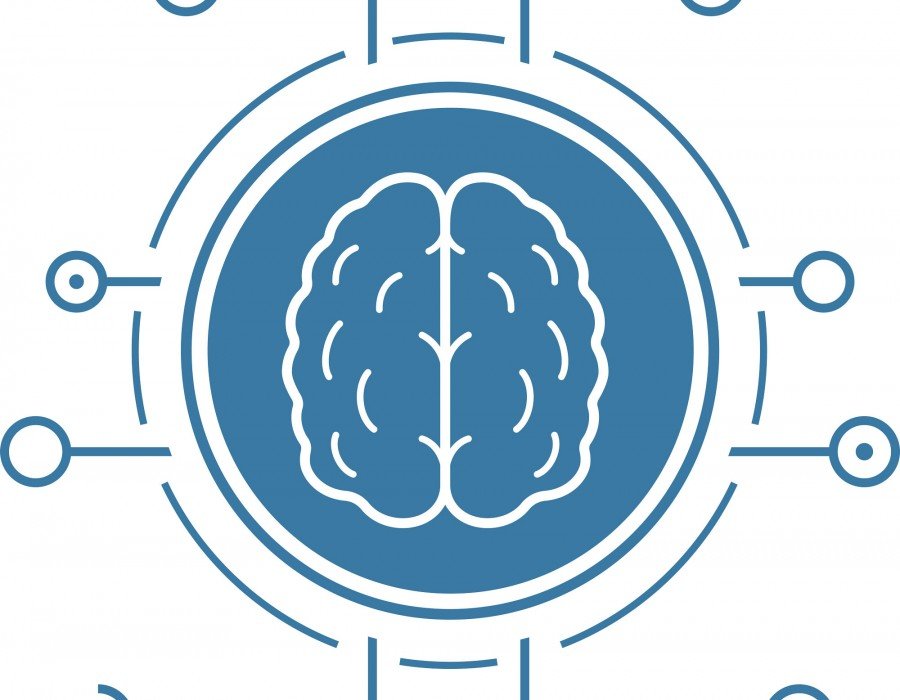Health and Wellbeing
Mindfulness and Stress

A natural response to help keep us alert and avoid danger, stress is something many of us experience as part of our everyday lives.
Problems can start to occur when our bodies endure excess levels of sustained stress. Chronic stress can lead to a wide range of common but serious health conditions, such as heart disease and strokes. As a physiotherapist, I see people on a daily basis who experience short and long term pain.
While not everyone who experiences stress has pain, poor management of stress can aggravate pain. Indeed, the part of your brain which processes emotional pain is also involved with the processing of physical pain. With recent NICE (National Institute of Clinical Excellence) guidance recommending cognitive behavioural therapy as a key treatment in the management of lower back pain, psychological wellbeing is now rightly recognised as an essential part of managing chronic pain.
While exercise is a key part of managing both stress and pain, there are other things that we can do to help.
What is Mindfulness?
Mindfulness is often described as an awareness of the present, including everything that is occurring around you and your sensory reaction to your environment.
We can all get caught up in our daily lives, our thoughts working on autopilot, our mind focussing on the next task before finishing the current one.
Practising mindfulness helps us to have an increased awareness of our emotions and thoughts, which in turn can result in improved mental wellbeing. Put simply, if we are more aware of our thoughts, we are more likely to be able to recognise and then deal with stress and anxiety earlier and more effectively.
With no special equipment required, mindfulness is a useful tool that we can apply to help us to manage those particularly stressful situations.
Mindfulness Exercises
Many people who now practice mindfulness struggled when they started out, with thoughts and worries flooding their minds. As with many things in life, practice makes perfect and the great thing about mindfulness is that you can do it anywhere, such as on your daily commute or while you’re working out in the gym.
To get you started, here are a few examples of exercises which will help you to focus on the present:
Body scan exercise: Find somewhere comfortable and lie down on your back. Starting from your head and working towards your toes, focus on each individual part of your body. Recognise any sensations, movements or pains. You may find yourself falling asleep. Just take a deep breath and start again.
Mindful breathing: Breathe in through your nose and out through your mouth. Focus on the air. Feel it entering your airways and exiting through your mouth. Let go of your thoughts and simply focus on your breathing. Do this 6 times and you should start to feel calmer.
Mindfulness of seeing: Focus on something in your surrounding environment. This could be something out of a window or within the space that you’re currently in. Rest your gaze for a few minutes. Try not to label but rather explore what you are actually seeing. Is it moving? What is its texture or colour?
Practice, practice and more practice
Mindfulness won’t cure us of our issues but it will give us a really useful tool to help manage stress and problems, such as chronic pain. When you are struggling with stress, you may find it even harder to manage your aches and pains and they may even seem to get worse. It is very important to recognise that the way we think about pain significantly influences our experience of it and stress significantly influences our perception of pain.
Yoga and Tai-chi are both forms of mindfulness. Some people find it easier to practice whilst moving, while others prefer to be still. There are some interesting apps that help you to practice mindfulness that are only a mouse click away. However, all you really need is your brain and somewhere to practice each day.
Mindfulness is a very new concept to many people and takes a while to have an effect, so be patient and practice. You’ll be surprised at just how much of a difference mindfulness can make to your daily life.
Article by Anthony Hill, Chartered Physiotherapist at Bodyset